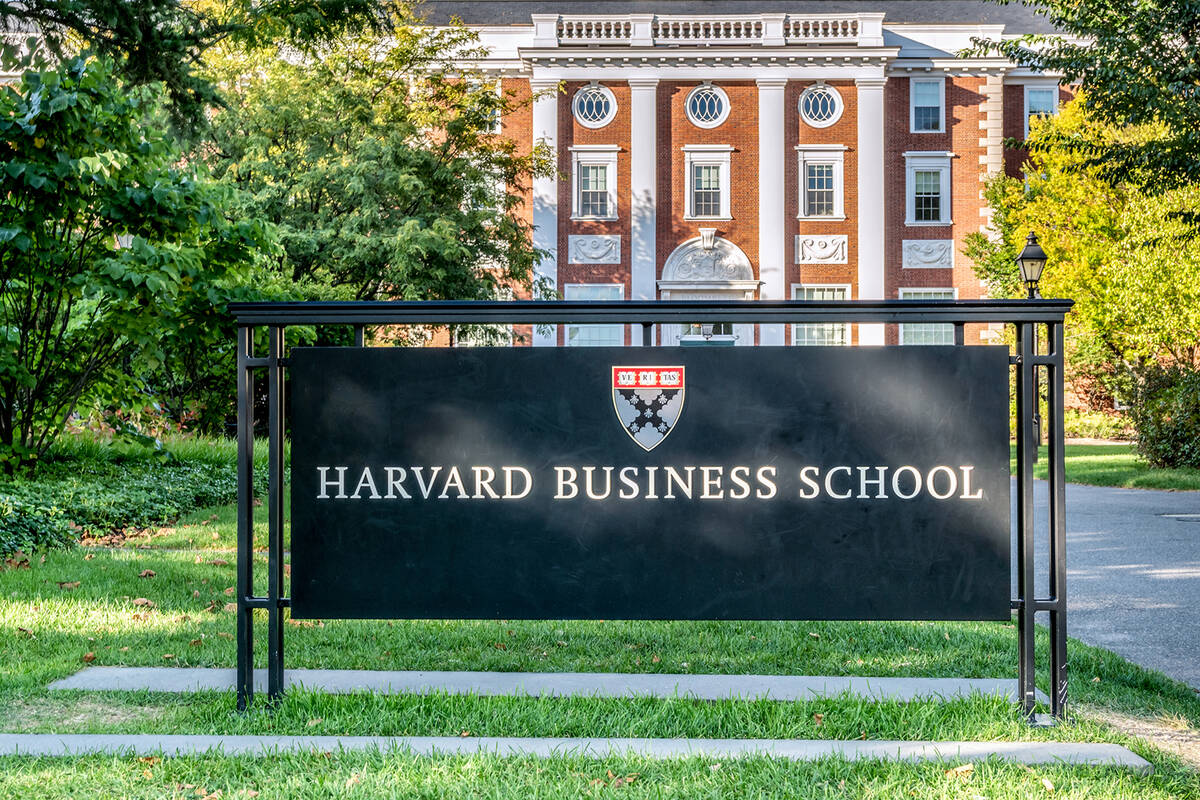Harvard professor resigns from antisemitism task force after a month
BOSTON — A Harvard professor has resigned as the co-chair of the campus’ antisemitism task force after about a month, according to university officials.
Harvard Business School professor Raffaella Sadun reportedly stepped down from the antisemitism task force over concerns that the university wouldn’t implement the board’s recommendations, The Crimson reported.
The resignation comes amid a chaotic stretch for the Cambridge campus, ever since the Oct. 7 Hamas terrorist attacks and the start of the Israel-Hamas war.
After President Claudine Gay resigned at the beginning of the year, Interim President Alan Garber announced the creation of two presidential task forces on Jan. 19 — one that’s focused on combating antisemitism and one that’s devoted to fighting anti-Muslim and anti-Arab bias.
Sadun had been named a co-chair of the antisemitism task force, but the interim president on Monday said she has been replaced on the board.
“Professor Sadun has expressed her desire to refocus her efforts on her research, teaching and administrative responsibilities at HBS,” Garber said in a statement. “I am extremely appreciative of Professor Sadun’s participation in the task force over the past weeks.
“Her insights and passion for this work have helped shape the mandate for the task force and how it can best productively advance the important work ahead,” Garber added. “She has advanced our efforts to be a stronger, more inclusive Harvard and for that we owe her our deep thanks.”
The university had no additional comment about The Crimson’s report on Sadun’s frustrations with the task force.
“I am grateful to have had the opportunity to help advance the vital work to combat antisemitism and believe that President Garber has assembled an excellent task force,” Sadun said in a statement. “I will continue to support efforts to tackle antisemitism at Harvard in any way I can from my faculty position.”
The task force’s new co-chair is Jared Ellias, a law professor at Harvard Law School.
In the coming weeks, the task forces will undertake initial outreach, information gathering, and research, including listening sessions, surveys, and historical analysis.
The interim president said he has asked the co-chairs to send recommendations to the deans and to him on a rolling basis “so that we might consider, refine, and implement interventions.”
“Over the past five months, grief, anger, and fear have taken a toll on members of our community as divisions on our campus have persisted,” Garber wrote to the community.
“We must do much more to bridge the fissures that have weakened our sense of community, and the task forces, which have the full support of the University, will be critical to our success,” he wrote, later adding, “I know that we care enough about each other and our University to join together in ensuring that Harvard offers an environment in which Jewish, Israeli, Muslim, Palestinian, and Arab students feel welcome and can thrive. We should expect nothing less.”






















